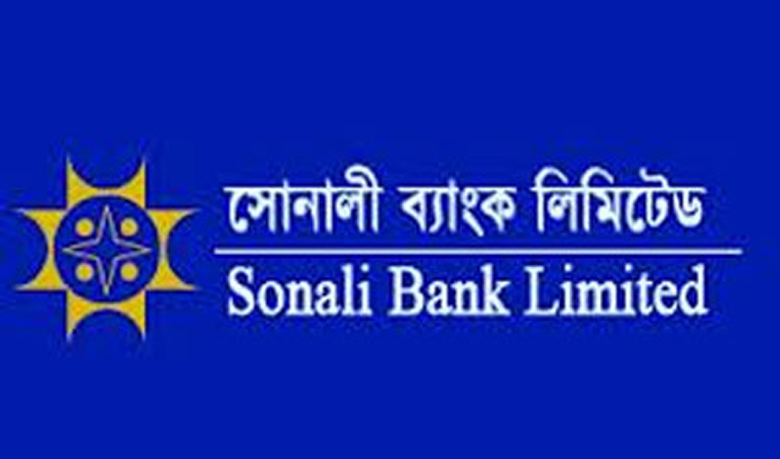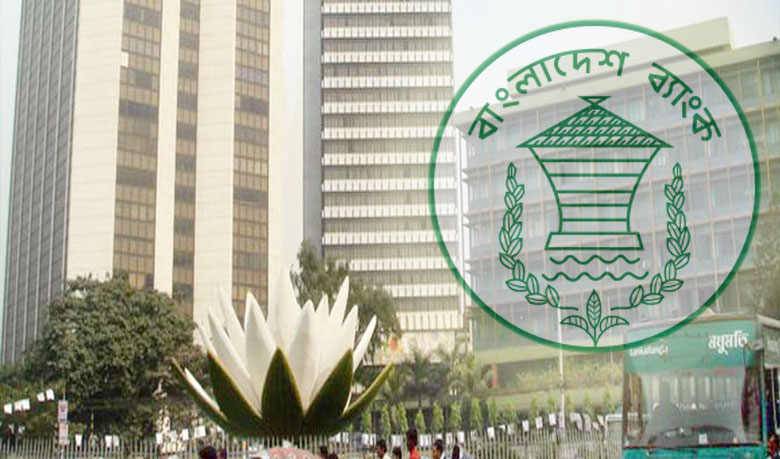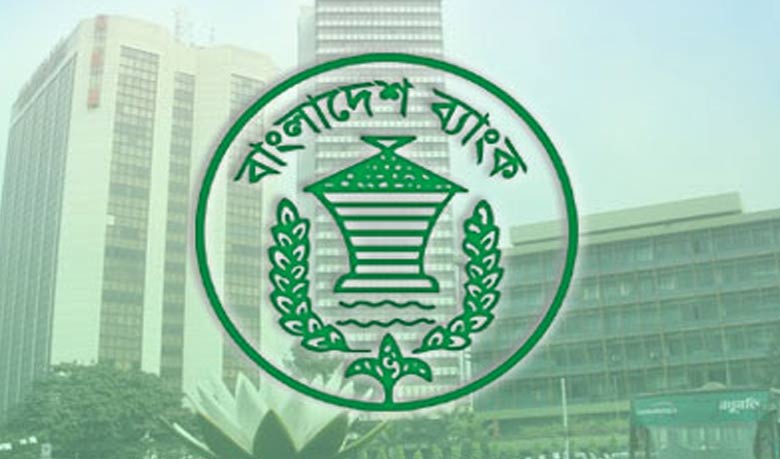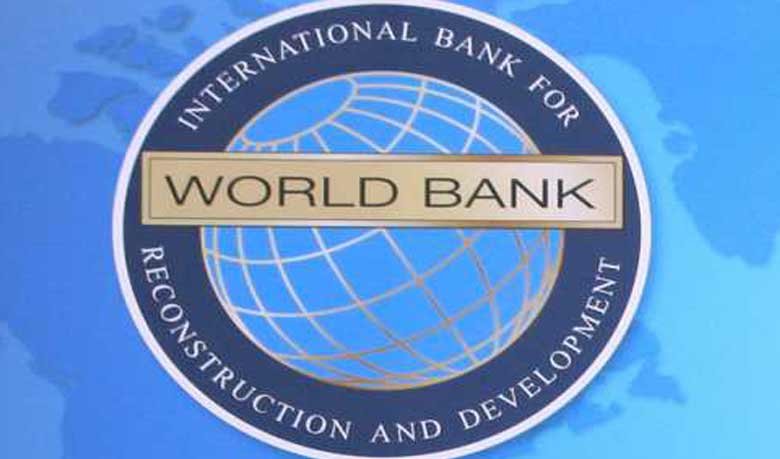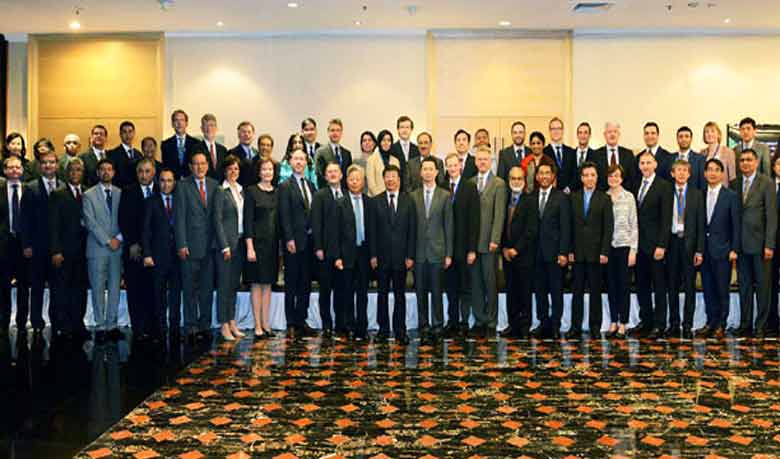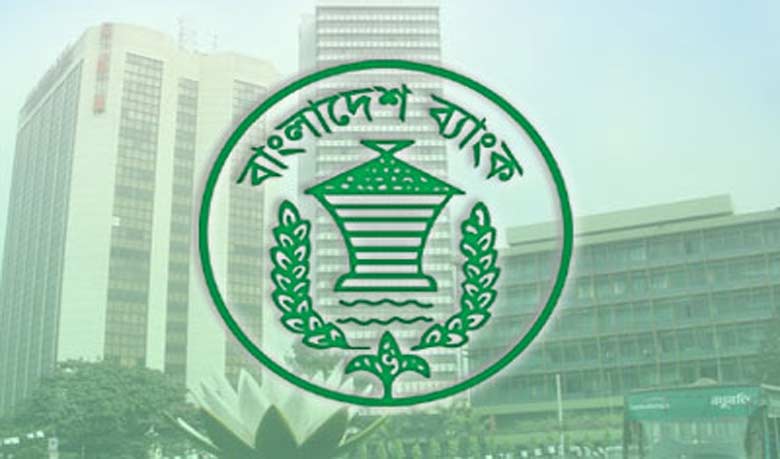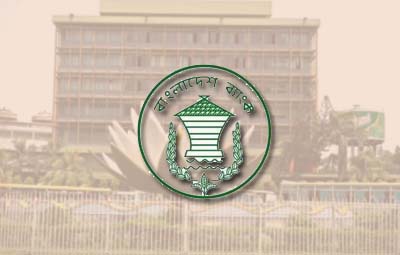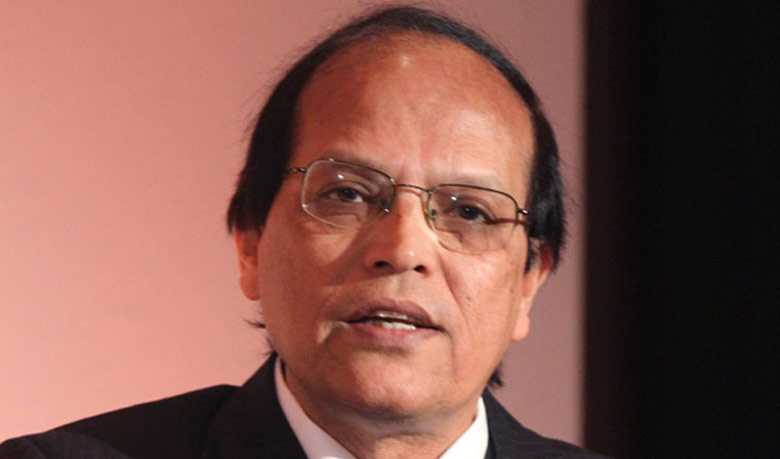StanChart plays vital role in Bangladesh economy
RISINGBD BUSINESS REPORT || risingbd.com
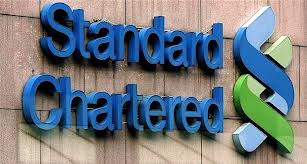
Standard Chartered Bank (SCB) has been making significant contribution to the ongoing economic development in Bangladesh.
The bank directly or indirectly supports 1.1 percent of Bangladesh’s GDP and 3.3 percent of total tax receipts to the Bangladeshi government.
Standard Chartered revealed this on Tuesday while releasing an independent report on the social and economic impact of its operations in Bangladesh.
The study evaluated Standard Chartered’s social and economic impact in Bangladesh and recommended that the bank focuses further investment on Bangladeshi SMEs, according to a message received on Tuesday.
The study, the third in a series of research, evaluates the overall social and economic impact of the bank’s activities.
Commissioned in 2012, the study was led by Professor Ethan Kapstein of Georgetown University in Washington DC.
The study said Bangladesh has overcome significant challenges to enjoy strong economic growth in the recent years.
Through its direct tax payments, the bank is one of the single most important tax payers in Bangladesh.
It creates 466,000 jobs in Bangladesh, which equates to 0.6 per cent of the total jobs in the country. When its lending to financial institutions is included, the bank’s impact amounts to 655,000 jobs or 0.9 percent of the labour market.
A 13.2 percent of total Bangladeshi trade was transacted through the loans and trade finance facilities of Standard Chartered Bank.
In addition, Standard Chartered helped Bangladesh receive its first-ever sovereign debt rating, marking a breakthrough for the image of Bangladesh among international bond markets and foreign direct investors, the study revealed.
It has financed 24 percent of the total installed power in the country, helping to relieve one of the major constraints on the Bangladesh economy.
Besides, it has been the first bank to introduce a number of innovations, including Bangladesh’s first ATM, credit card and international debit card, has pioneered a number of derivative products to help Bangladesh’s businesses manage the risks of trading overseas.
The report also recommends areas where Standard Chartered could further deepen its impact, highlighting in particular the opportunity with small and medium sized enterprises. For every USD 1 million of finance provided to SMEs, the Bank supports over 1,400 jobs.
Peter Sands, Standard Chartered’s Group Chief Executive, commented, “Standard Chartered has operated for more than 100 years in Bangladesh. During this time, we have continued to invest and grow in Bangladesh, steadily building up our presence. With the encouraging increase in the pace of social and economic development in recent years, we see great opportunities in the country.
“Through their work, Professor Kapstein and Dr Kim have provided us with valuable insights that we can incorporate into our future strategy for Bangladesh. Further increasing our engagement with SMEs will be one of our priorities.”
Jim McCabe, CEO of Standard Chartered Bangladesh said, “ The study sheds an interesting light on how our involvement adds value to the Bangladeshi economy in many different ways. Looking through the report, I can safely say that it not only provides valuable insights to help us sharpen our strategy but also offers a good opportunity for us to further strengthen our commitment to this market.”
Professor Ethan Kapstein, lead author of the report, said, “Standard Chartered has a significant impact in Bangladesh, consistent with its status as the oldest and largest foreign bank in the country. Developing nations such as Bangladesh lack the domestic savings needed to fuel investment and require access to international markets in order to grow. Banks such as Standard Chartered help to fill a major economic gap.”
Launched in 2009, this series of social and economic impact studies have previously looked at Ghana and Indonesia. Through these reports, among the first of their kind to be commissioned by an international bank, Standard Chartered aims to measure its impact on the economies where it operates and identify ways to build on this impact.
risingbd.com

